Animals in Islamic Tradition and Muslim Cultures
£19.00
This is the first comprehensive study of the role of animals in the Islamic tradition. Drawing on a wide range of sources, including classic texts in philosophy, literature and mysticism, Foltz traces the development of Islamic attitudes towards animals over the centuries and confronts some of the key ethical questions facing Muslims today.
Read more
Additional information
| Publisher | Oneworld Academic (21 Dec. 2005) |
|---|---|
| Language | English |
| Paperback | 224 pages |
| ISBN-10 | 1851683984 |
| ISBN-13 | 978-1851683987 |
| Dimensions | 15.24 x 0.76 x 22.86 cm |




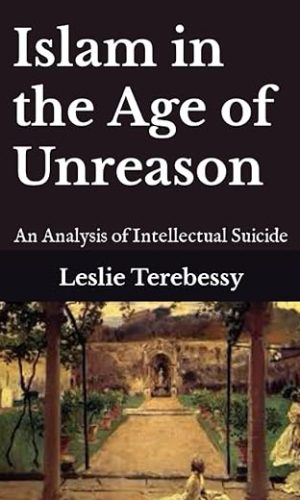
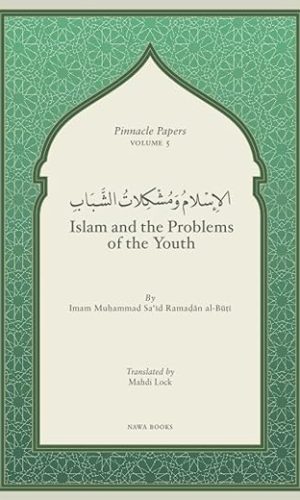
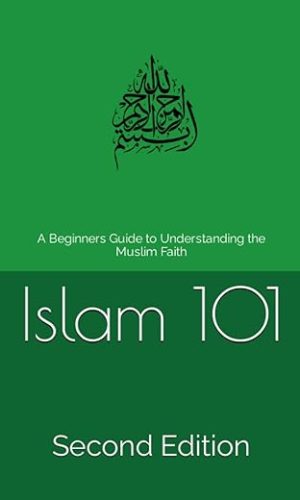
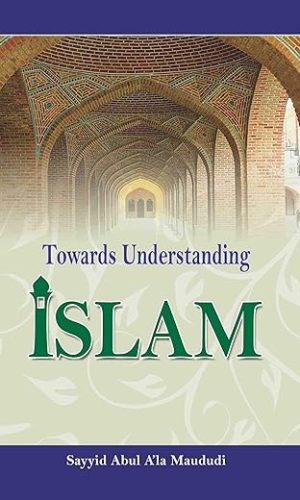
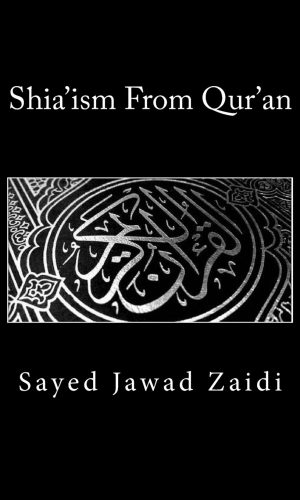
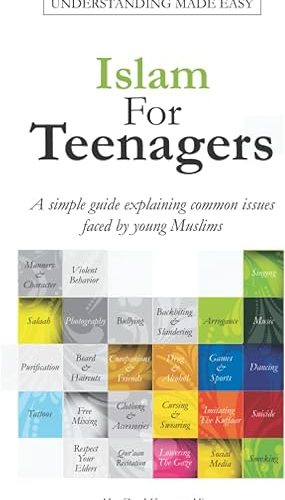
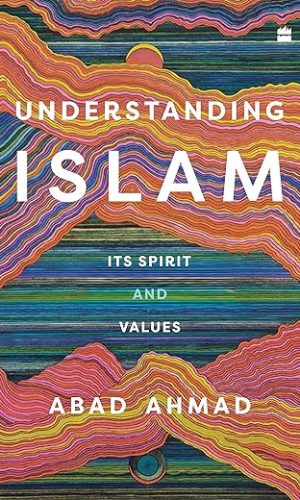

by Robert Lebling
The author–a religion historian, Iran expert and animal rights advocate–explores the role and treatment of “nonhuman animals” in Islamic traditions and cultures.
This is a useful resource for writings about animals from the Qur’an, traditions (hadiths) and works of science and philosophy. Great minds are cited, including Ibn Sina, al-Razi, al-Jahiz, al-Damiri, the Ikhwan al-Safa’ (Brethren of Purity), Jalal al-Din Rumi and Ibn Tufail.
The book features modern Muslim discussions of animal rights, the role of dogs in Muslim societies and Islamic vegetarianism (as lifestyle option, not requirement).
The author finds Islam more sympathetic scripturally to nature and the preservation of living species than some other world faiths. But he is uncomfortable with Islam’s “hierarchical perspective” (shared by the Judeo-Christian tradition), giving humans higher ranking than animals. He recommends fresh Muslim interpretations of old notions on animals, which he notes are already taking place on the Internet.
(A version of this review appeared in the September/October 2011 issue of Saudi Aramco World magazine.)